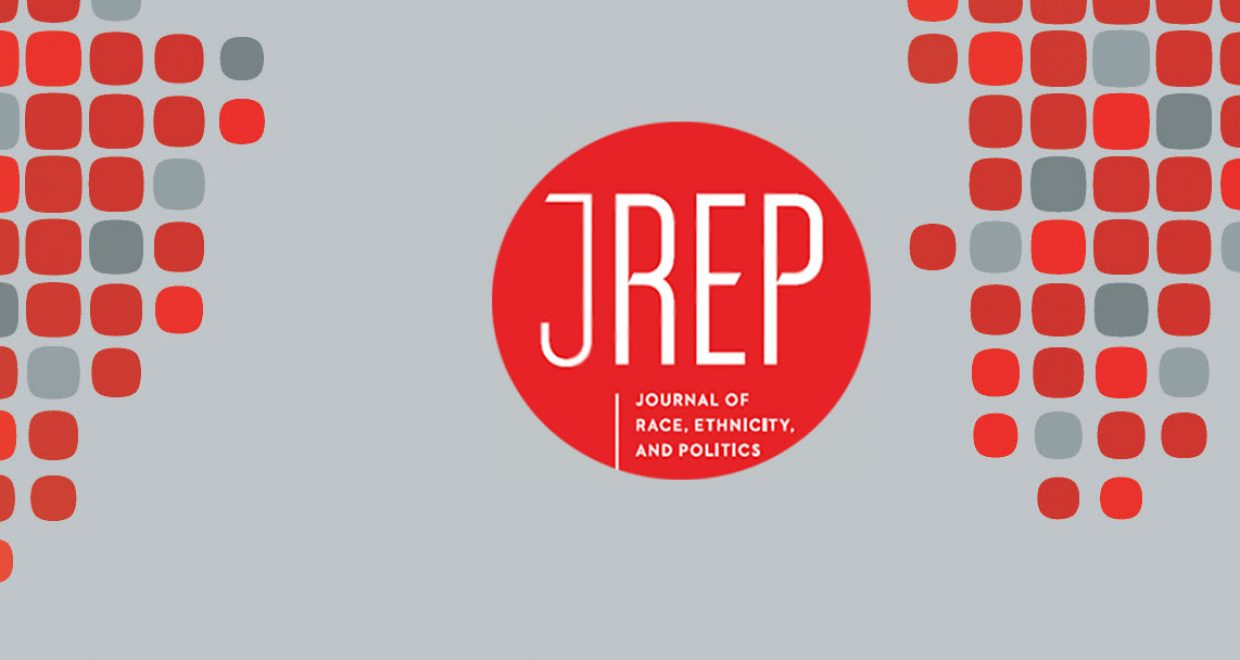Threat, Prejudice, and White Americans’ Attitudes toward Immigration and Syrian Refugee Resettlement
On January 27, 2017, one week after his inauguration, President Trump signed the “Protecting the Nation from Foreign Terrorist Entry into the United States” executive order which indefinitely suspends the resettlement of Syrian refugees, temporarily bans people from seven majority-Muslim countries from entering the U.S. and pauses the refugee resettlement program. As a result of the initial travel ban and its following iterations, 2018 saw the lowest number of refugees admitted in the U.S. since the refugee resettlement program began in 1980. These restrictions come at a time when global refugee numbers are at a historic high. Much of the rhetoric around this executive order emphasized security concerns. For instance, during the second iteration of the travel ban, then Secretary of Homeland Security Kirstjen Nielsen argued that “These additional security measures will make it harder for bad actors to exploit our refugee program, and they will ensure we take a more risk-based approach to protecting the homeland.” Similarly, then Attorney General Jeff Sessions justified these decisions by saying that “Many people seeking to support or commit terrorist acts will try to enter through our refugee program.” These statements echo numerous others made by the President and members of his administration where security concerns were cited as reasons for restrictions on refugee resettlement.
Americans’ support for such policies fell along party lines with a large proportion of the public opposing the resettlement of Syrian refugees in the U.S. In a 2015 Gallup survey, 60 percent of Americans opposed “the United States taking in refugees from Syria”. Similarly, a survey conducted by the Pew Research Center in 2016 showed that 54 percent of voters said that “the United States does not have a responsibility to accept Syrian refugees”.
While security concerns might have been made salient by Republican elites, many have argued that support for these polices stems from prejudicial attitudes toward Muslims and Middle Easterners. In that sense, attitudes toward Syrian refugees could mirror those toward immigrants in general. Using survey data from two nationally representative studies (the 2016 American National Election Study and the 2016 Chicago Council Survey), I examine whether White Americans’ attitudes toward accepting Syrian refugees and immigrants in general result from security and economic threat or whether such attitudes are mainly a product of prejudice.
Across both surveys, the results suggest that attitudes toward immigration policies relating to both refugees and immigrants in general are primarily driven by prejudice. Economic and security threats, while having a significant impact on attitudes, are found to have a smaller substantive effect compared to prejudice. Partisan differences also emerged with Republicans and Independents being consistently less supportive of immigration and refugee resettlement than Democrats.
Even though Syrian refugees differ from immigrants in general in terms of their ethnic and religious background, the reasons for their immigration, and the rhetoric surrounding their admission, prejudice remains the dominant factor in explaining White Americans’ attitudes toward them. More importantly, even though the main argument against Syrian refugee resettlement centers around security threat, concerns over crime or terrorism are not primary drivers of attitudes toward refugee resettlement. Rather, feelings toward Muslims and Middle Easterners fuel opposition toward Syrian refugee resettlement among White Americans.
Rita Nassar, Indiana University
This blog is based upon Nassar’s article in the latest issue of the Journal of Race, Ethnicity, and Politics which you can read free of charge until the end of April 2020.





